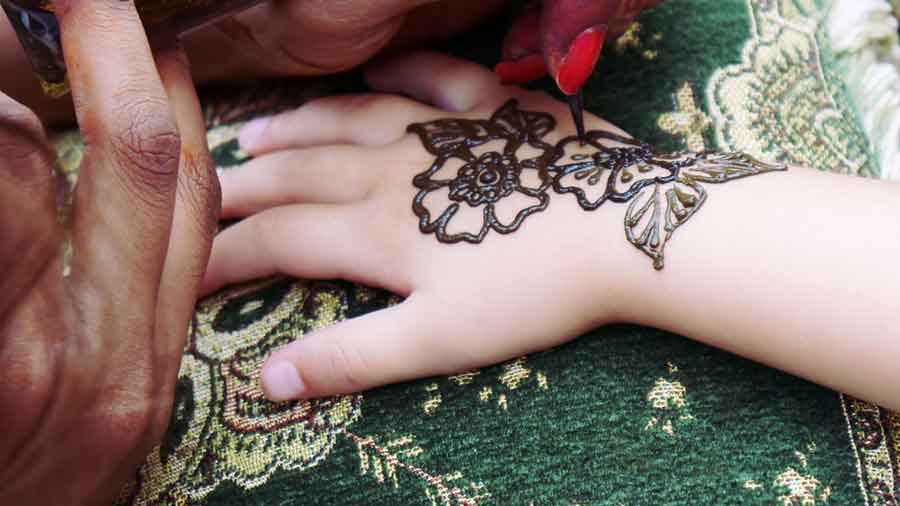The pandemic-scarred world is limping back to normal but the girls in the house continue to be pawns in some places.
Over 100 child marriages have been foiled in two districts of Bengal — North 24-Parganas and South 24-Parganas — by two NGOs this year.
One of the most recent timely interventions happened last week in Bagdah, North 24-Parganas, around 100km from Kolkata. A 14-year-old girl was about to get married.
“The girl was getting married at her aunt’s place, against her wish. The girl’s father, an out-of-work mason, had a drinking problem. The aunt argued that she was doing the family a favour because the girl’s father would not be able to find a good groom for her,” said Subhankar Sarkar, a member of Choruigachhi Light House Society, the NGO that stopped the marriage along with local police.
“We have foiled over 60 child marriages this year,” he said.
Goranbose Gram Bikas Kendra, another NGO, has foiled 58 child marriages in South 24-Parganas this year.
The problem is more menacing because child marriage is often the first step towards trafficking, said activists.
Last year, this newspaper reported that the financial burden brought on by Covid-induced curbs had prompted many poor families to get their minor daughters married off. Around 70 child marriages were averted in the two districts — the trafficking hotbeds of the state — between April and September last year.
The Covid curbs are being relaxed and markets and offices have reopened but the economic wound of the pandemic is still fresh, said social workers.
“Every month, we get scores of calls for intervention in child marriages. In South 24-Parganas, we have been intervening in around 30 cases every month on an average. In North 24-Parganas, the number of monthly interventions is around 35,” said Jaydeep Sengupta, senior programme coordinator with Childline India Foundation’s Bengal unit.
“A large section of men used to work in Kolkata or other states but came back during the pandemic. Now, going back to the place of work is difficult. Many are not vaccinated yet. Many have lost their jobs at the old places. So, the financial burden is very much there,” said Sengupta.
An incentive for poverty-stricken families is that younger brides generally require lower dowries and often attract money from the groom’s family.
In South 24-Parganas’ Kakdwip, a 15-year-old girl was about to get married in June. Members of Goranbose rushed in time to foil the marriage. The groom was arrested.
“Police found out that the groom had offered Rs 50,000 to the bride’s family for the marriage. He also paid extra money to the girl’s father so that he could buy a new van,” said Kakali Das of Goranbose.
The police, bogged down with Covid responsibilities for much of last year, said they were back to doing campaigns to raise awareness on the perils of child marriage. “According to our knowledge, the number of child marriages is on the decline. We are doing whatever needs to be done,” said an officer in the anti-human trafficking unit of the Baruipur division.
